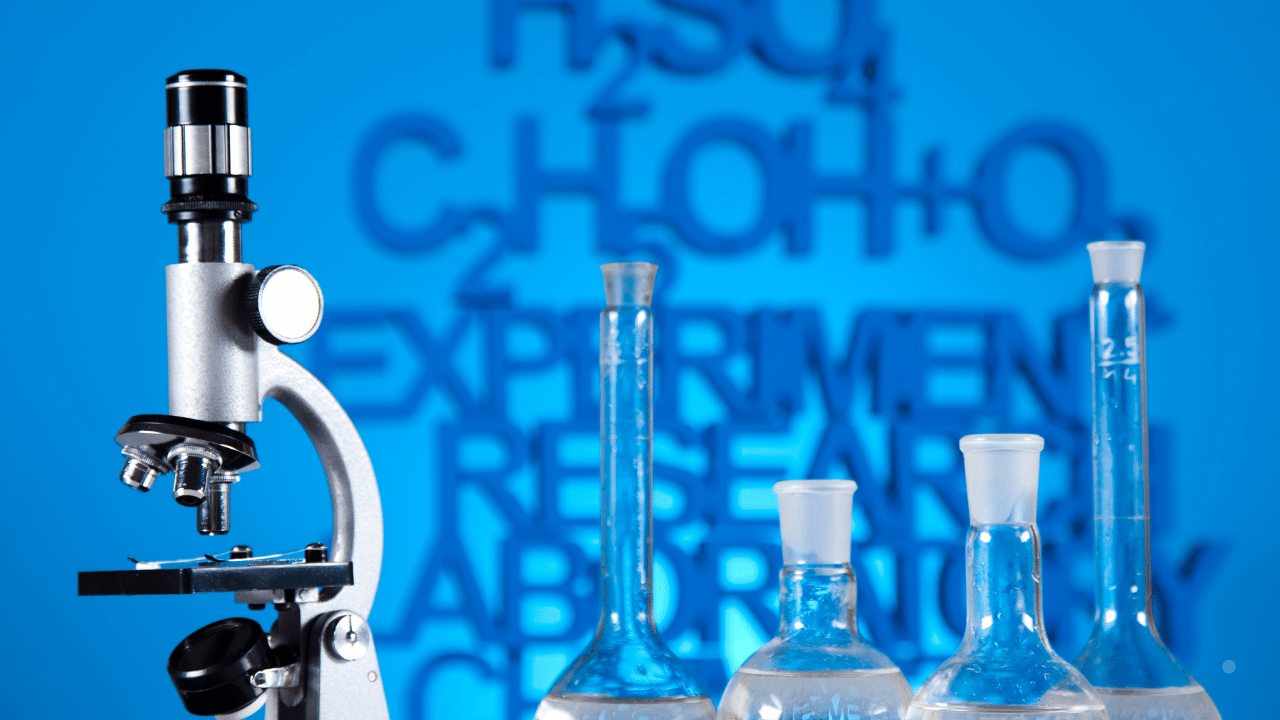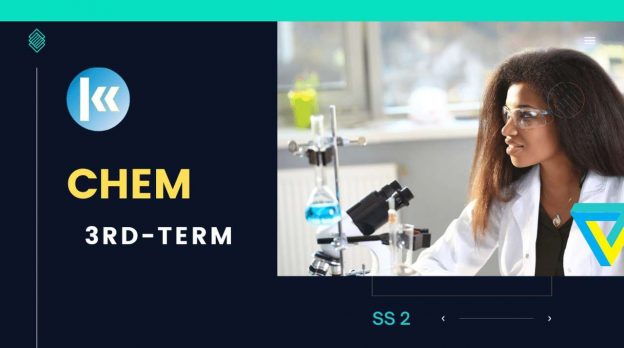
Course Content
Expand All
Lesson Content
0% Complete
0/7 Steps
Lesson Content
0% Complete
0/7 Steps
Lesson Content
0% Complete
0/7 Steps
Lesson Content
0% Complete
0/9 Steps
Lesson Content
0% Complete
0/9 Steps
Lesson Content
0% Complete
0/12 Steps
Lesson Content
0% Complete
0/12 Steps
Lesson Content
0% Complete
0/12 Steps
Lesson Content
0% Complete
0/4 Steps
Preview this Course

Not Enrolled
This course is currently closed
Course Includes
- 11 Lessons
- 89 Topics
- 12 Quizzes
Recent Comments
idayat on Causes of Electoral Malpractices: “I really love the explanation , it was super helpful” Apr 16, 12:20
Login
Accessing this course requires a login. Please enter your credentials below!



Very nice subject